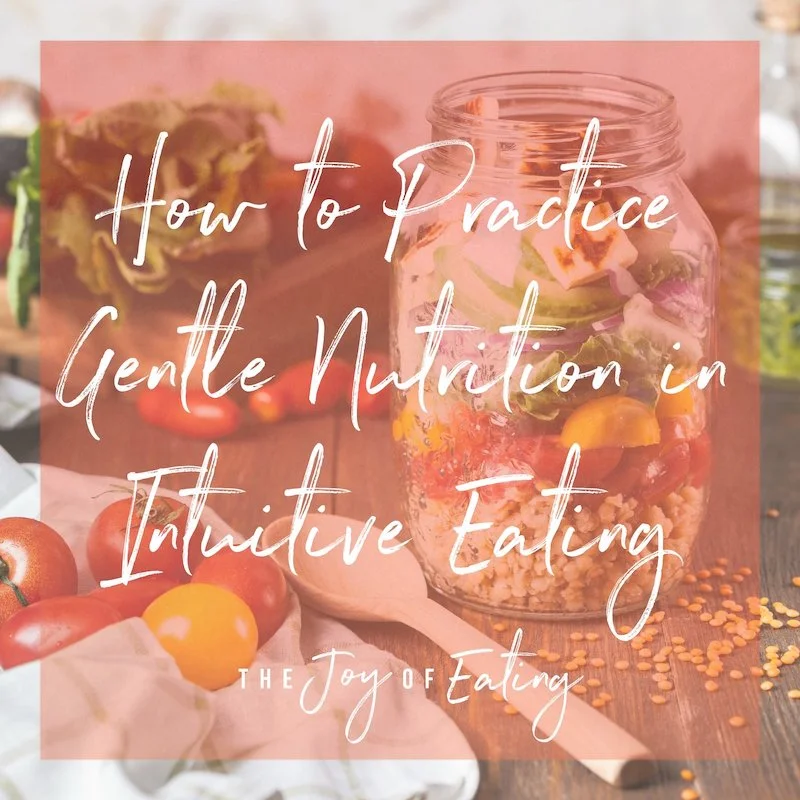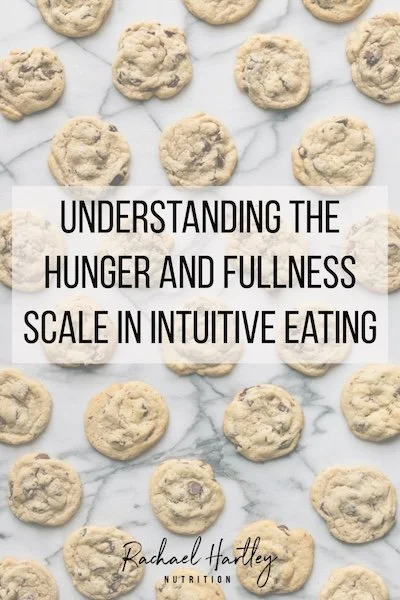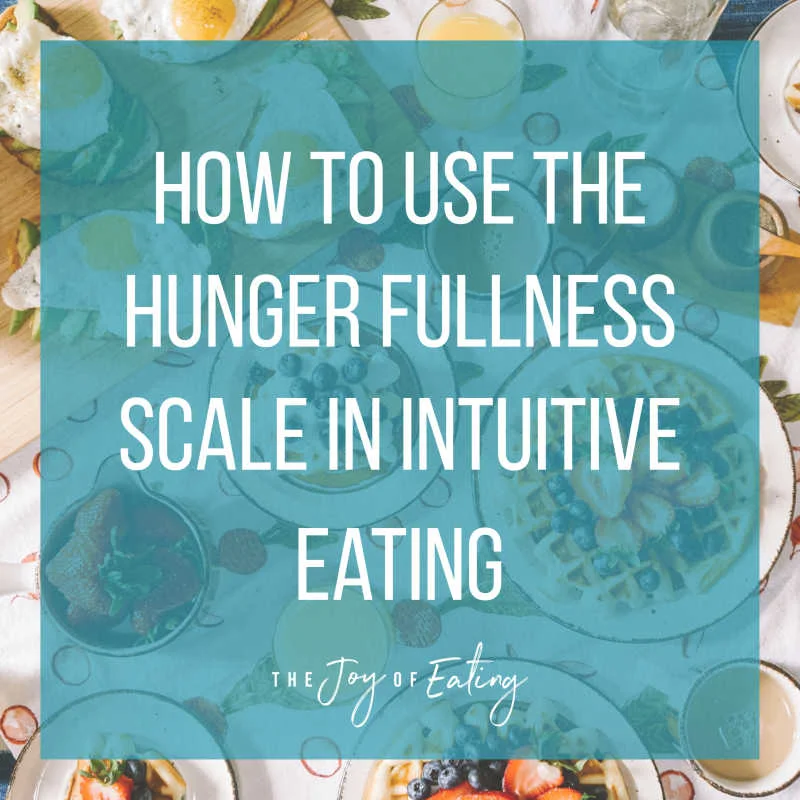With less structure and more socializing, there are a lot of factors that increase the risk of binge eating on the weekends. Learn some of the vulnerabilities for weekend binge eating in this post, along with seven tips to help you break the cycle of starting all over each Monday.
Read MoreIf you’ve ever said to yourself “I know what to do, I just can’t do it” in your eating disorder recovery or attempts to practice more intuitive eating, then you’ll want to read this post on breaking diet mentality thought patterns and behaviors.
Read MoreAs a non-diet dietitian, I’ve learned there’s a lot of questions and misconceptions about what we do that can make people afraid to reach out for help. Learn what to expect working with a non-diet dietitian in this article.
Read MoreThere’s a good reason gentle nutrition is the last principle of intuitive eating. Without doing some work to heal your relationship with food, gentle nutrition can easily become yet another a diet. However saving it for last can make it feel like a bit of a mystery. This blog post helps demystify what gentle nutrition looks like so you are able to bring non-diet nutrition into your intuitive eating practice.
Read MoreIn this world of diet culture and fatphobia, where disordered eating is shockingly common, what is normal eating anyway? This blog post explores the definition of normal eating, and discusses some of the problems with labeling eating as normal and abnormal.
Read MoreMost people who come to intuitive eating have recognized how depriving themselves of the food they enjoy or adequate food fuels overeating and binging, but there’s another type of restriction that impacts your relationship with food. This blog post explains how mental restriction impacts your relationship with food, and four tips for overcoming it.
Read Moref you're familiar with Intuitive Eating, then you know about the hunger and fullness scale, a tool to help you get back in touch with your hunger and fullness cues. This blog post answers some of the common questions and challenges I hear from clients in my practice when trying to apply the hunger fullness scale to their eating.
Read MoreYears of yo-yo dieting and disordered eating can get you out of touch with internal cues, like your body's hunger and fullness signals. Learn how to use the hunger fullness scale in intuitive eating, a tool that can help you can back in touch with your food needs.
Read MoreEating disorders and IBS are both much more common than people realize, and there’s a lot of overlap between both conditions. Unfortunately, much of the advice for IBS can make disordered eating worse. Part 3 in this series on intuitive eating and IBS discusses the relationship between eating disorders and IBS, and strategies for coping with IBS when you’re in eating disorder recovery.
Read MoreGoogle what to eat for IBS and you’ll find most of the recommendations are all about eliminating certain foods or elimination diets. But these common recommendations for IBS can sometimes make things worse and not better, especially if you struggle with disordered eating. This post on intuitive eating and IBS shares how non-diet approaches can help manage your symptoms.
Read MoreIn intuitive eating, you hear a lot about hunger. But did you know there are more ways to experience hunger than just physical hunger? This post explores the four types of hunger in intuitive eating - physical, emotional, taste and practical - and how to respond to each.
Read MoreAre you trying to eat intuitively, but worried that diet mentality might be influencing your food choices? This blog post shares a simple question you can ask yourself to eat more intuitively.
Read MoreHealth is often thought of as the outcome of food and fitness, but mental health is health too. If your behaviors around food and fitness are damaging to your mental health, then it's not actually healthy.
Read MoreThanks to the diet industry co-opting wellness, it can be hard to distinguish if a food choice is stemming from gentle nutrition or diet mentality. Read this blog post to explore the difference.
Read MoreAs any parent can tell you, there’s a lot of pressure to do things just “right.” The unrealistic expectations around parenting are perhaps most evident when it comes to feeding your child. This blog post looks at diet culture and feeding babies, and the harm it does to new parents.
Read MoreOne of the benefits of intuitive eating is that it can help you navigate many different seasons of life. This blog post explores intuitive eating during pregnancy, and how it can help you cope with some of the very common joys of pregnancy, including reflux, morning sickness, and iron deficiency.
Read More“You can’t practice intuitive eating in eating disorder recovery” is a common refrain in treatment. But is that actually true? In this post, I discuss the 10 principles of intuitive eating and how they can be incorporated in eating disorder recovery.
Read MoreBecause athletes often require a bit more structure than the average human, some people think that intuitive eating for athletes isn’t possible. This blog post busts that myth and shows you how to adapt the principles of intuitive eating for sports nutrition.
Read More


















